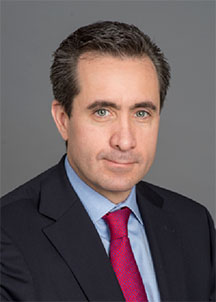By Jorge Familiar
World Bank Vice President for Latin America and the Caribbean
Caribbean countries have quietly started a green revolution and are now leading the way for other small islands developing states in the global effort to limit the rise of global temperature to 1.5 degrees Celsius. While challenges remain, five months after the historic climate agreement in Paris, they remain committed to save energy and invest in renewables.
Some may argue that at a time when oil prices are low, there are incentives to slow this effort down. But, on the contrary, this is the time to take advantage of the savings and move further on their ambitious vision for the future. And that is precisely what they hope to do at this week’s US-Caribbean-Central American Energy Summit, hosted by Vice President Joe Biden.
The Caribbean finds itself at a turning point. The road ahead won’t be short: despite a

